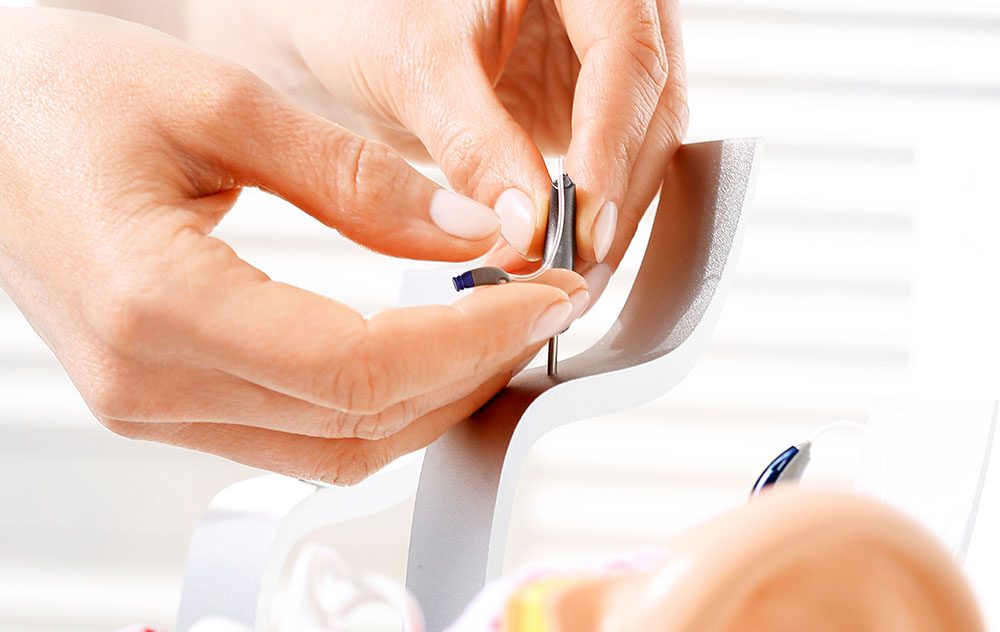How Does Untreated Hearing Loss Affect Mental Health?
When you’re struggling to hear clearly, the constant effort to


When you’re struggling to hear clearly, the constant effort to

Hearing aid technology is moving toward treating each person’s

Children with hearing loss face obstacles that adults simply don’t